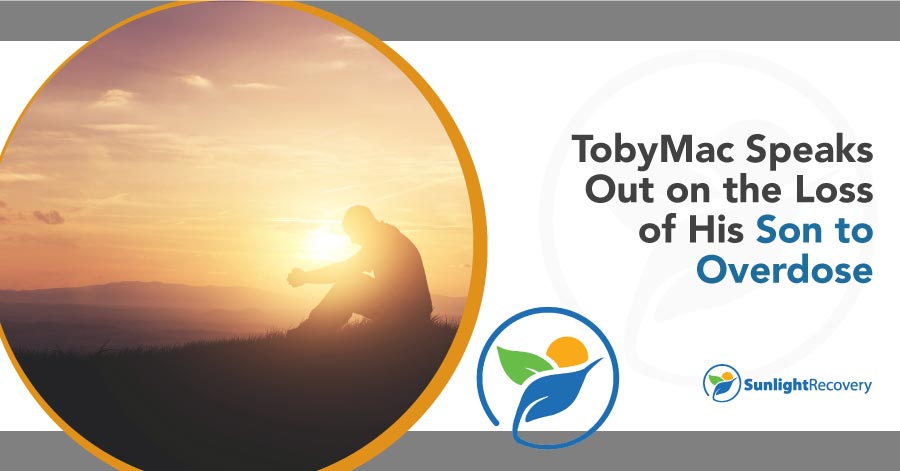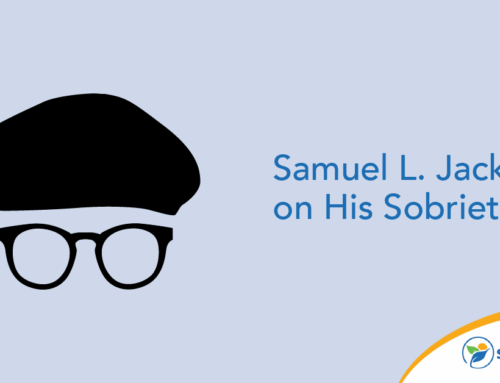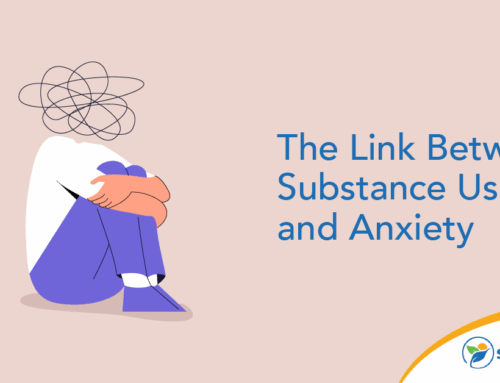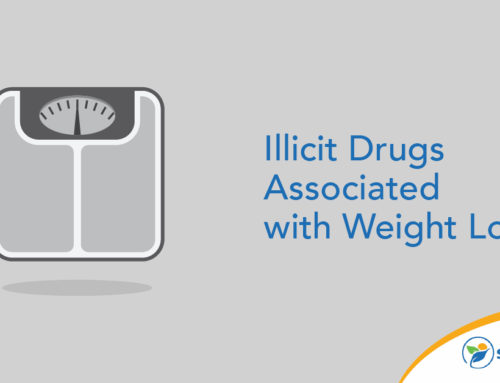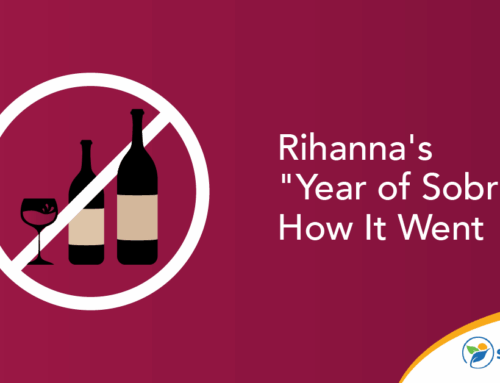TobyMac opened up about the death of his son, Truett, due to an accidental overdose. Click to find out how he’s dealing with his grief.
In October 2019, Truett Foster McKeehan, son of Christian singer and rapper TobyMac (Toby McKeehan), passed away due to an accidental drug overdose. He was 21 years old. TobyMac opened up to Rachel DeSantis of People magazine about how his son’s death affected him and the rest of the family. The interview provides valuable insight into what it’s like to lose a loved one to addiction.
TobyMac’s Music Career
TobyMac started out as a member of DC Talk, a Christian rock band known for “Jesus Freak” and their 1990s version of “I Wish We’d All Been Ready.” After leaving DC Talk, TobyMac struck out on his own as a solo artist, releasing eight albums between 2001 and 2022. He’s also performed for multiple compilations, including WOW Hits 2002, In the Name of Love: Artists United for Africa and Hip Hope 2008.
The McKeehan Family’s Experience With Mental Health Conditions and Addiction
TobyMac’s son’s death deeply affected the singer, his wife and their loved ones. When speaking of his son, TobyMac states that he knew Truett was using drugs, but he didn’t think it was a big problem. Although he didn’t condone the drug use, he had no idea that his son was engaging in such dangerous behavior. Since Truett passed away, TobyMac and his family members have had to “live a new normal.”
In the words of TobyMac, his son Truett “had joy that took the room when he entered.” He characterized his son as a dreamer who loved to express himself through music. Father and son collaborated on several music projects, and Truett also had experience with sound mixing, recording and album cover design.
Truett’s death has taken a toll on TobyMac’s family and friends, leaving them wondering if they could have done more for the young musician. In his People interview, TobyMac revealed that he didn’t think he’d ever be whole again, and that Truett’s death had turned their perfect family into something messy. He poured his grief into writing new songs to resonate with audience members. His 2022 album, Life After Death, serves as a tribute to Truett and a guide to help listeners through their own grief journeys.
Recreational Use vs. Substance Use Disorders
TobyMac’s comment about how he didn’t think his son’s drug use was a problem highlights a common misconception about recreational use versus substance use disorders. The term “recreational” typically refers to how someone uses drugs or alcohol. Some people only drink at social events, while others use marijuana or other drugs only when they’re at a party or unwinding at the end of a long week. They generally have good relationships with family members and don’t rely on substances to help them overcome stressful situations.
The problem with recreational use is that it can still lead to accidental overdoses like Truett McKeehan’s. Unintentional overdose deaths may occur for the following reasons:
- The person accidentally takes too much of a drug.
- The drug was mixed with another substance without the user’s knowledge.
- The person took the wrong drug by mistake.
When they drink or take drugs, recreational users may display some of the same dangerous behaviors as those with substance use disorders. For example, someone who drinks recreationally may drive while under the influence. A person who uses cocaine once in a while may become overly aggressive and get involved in physical fights. Just because they’re not dependent on drugs or alcohol doesn’t mean a recreational user can’t experience serious consequences due to their substance use.
Substance Use Disorders
Some people start out as recreational users and develop substance use disorders over time. SUDs cause physical changes in the brain, leaving an affected individual unable to control their drinking or drug use. People with substance use disorders typically display physical, behavioral and psychological warning signs.
Physical
- Dilated or constricted pupils
- Bloodshot eyes
- Sleeping more or less than usual
- Appetite changes
- Poor hygiene
- Body odor
- Unexpected weight gain or loss
Behavioral
- Difficulty maintaining personal relationships
- Neglecting family responsibilities
- Poor work performance
- Engaging in illegal or unsafe behavior
- Sudden financial problems
- Inability to stop using alcohol or drugs
- Continuing to use substances despite health or safety issues
Psychological
- Paranoia
- Anxiety
- Sudden mood swings
- Nervousness
- Irritability
- Lack of motivation
- Sudden personality changes
Why Public Figures Need to Talk About Addiction
Addiction is known as a family disease because it affects the entire family, not just the person who’s addicted to alcohol or drugs. Substance abuse affects family members in several ways:
- If the person with the disorder is the primary earner, the family may experience financial difficulties if they miss work or lose their job due to substance abuse.
- People with substance use disorders may be irritable, angry, aggressive or depressed, making it difficult to maintain positive relationships with family members.
- It’s common for people with substance use disorders to argue with their family members, leading to increased tension among members of the household.
- In married couples, the spouse who isn’t using alcohol or drugs may have to shoulder more household responsibilities, increasing their stress levels.
Family members may even take on dysfunctional roles in their attempt to keep the peace. For example, a parent may assume the role of caretaker, enabling their adult child and covering up the problem to keep other family members happy. An older sibling may take on the role of the “hero,” acting extra responsible as if it will erase the problems caused by their brother’s or sister’s addiction.
Raising Public Awareness
TobyMac didn’t owe anyone an explanation of his son’s death, but it’s important for public figures to speak up about mental health disorders and substance abuse. Discussing these issues openly instead of hiding them raises awareness and may make other people more empathetic toward those with substance use disorders.
It also helps publicize the fact that people who die from overdoses are just like everyone else. They had hopes and dreams, but their lives were cut short by addiction. Speaking freely about addiction destigmatizes the issue, making it easier for people with SUDs to get help.
Start Your Recovery Journey Today
If you developed a substance use disorder after using alcohol or drugs recreationally, you don’t have to struggle on your own. Sunlight Recovery has experienced recovery professionals available to treat you with compassion and respect. Get help by completing our contact form or calling any time of the day or night.


